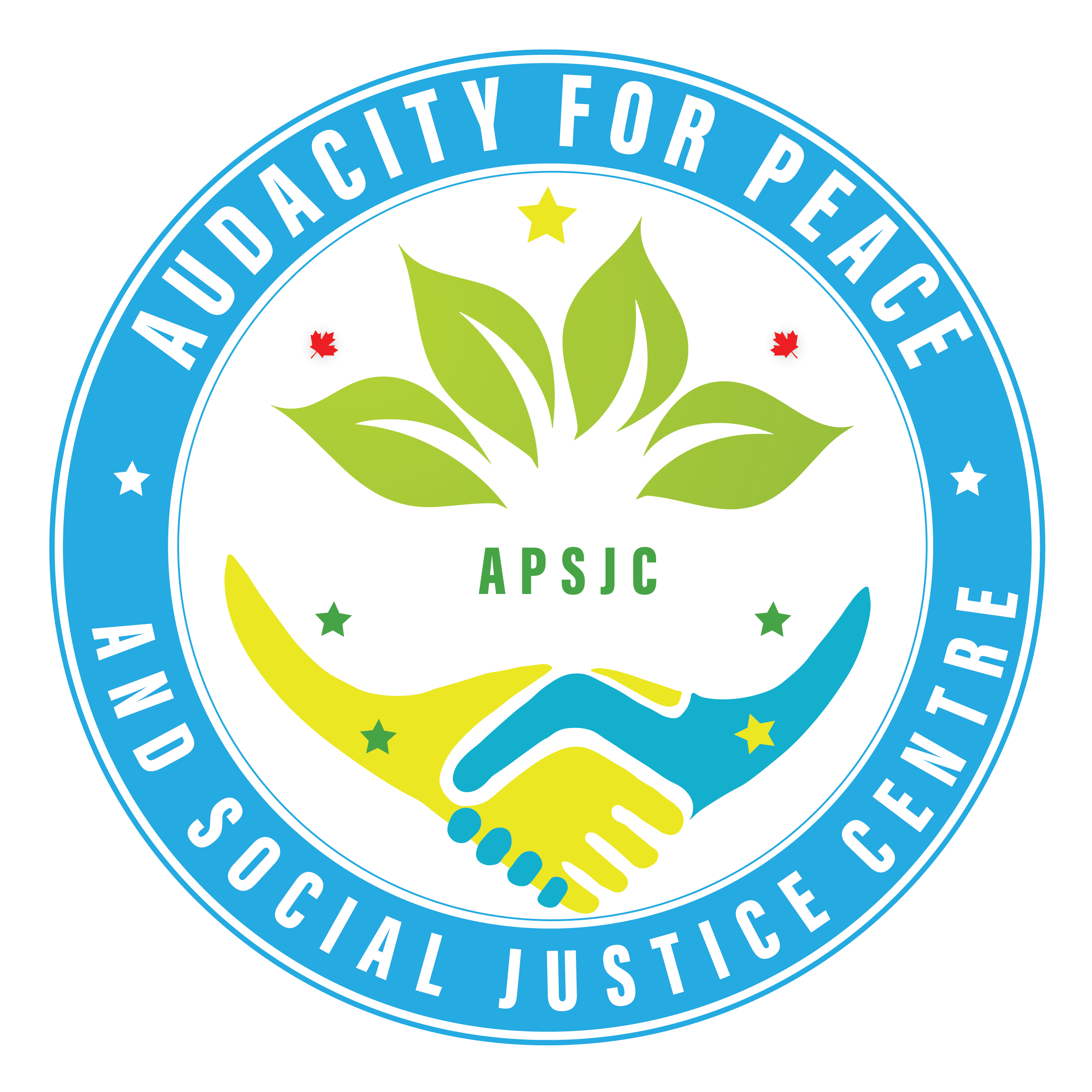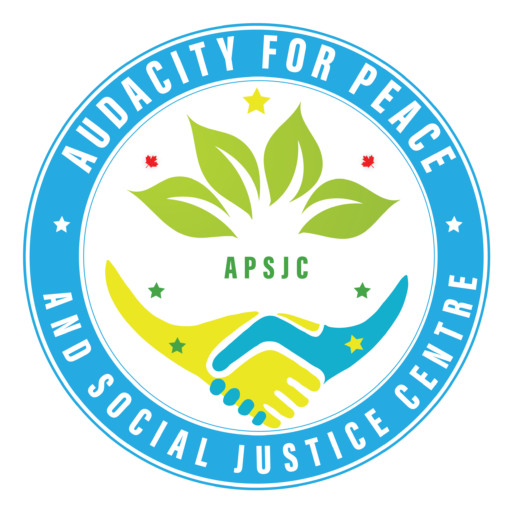Principles
- Nonviolence: We commit to nonviolent methods in all our work.
- Participation: We involve diverse stakeholders in our decision-making processes.
- Transparency: We operate with openness and honesty in all our interactions.
- Accountability: We take responsibility for our actions and their impact.
- Cultural sensitivity: We respect and honor diverse cultural backgrounds and practices.
- Intersectionality: We recognize and address the interconnected nature of social injustices.
- Continuous learning: We prioritize ongoing education and growth in our pursuit of peace and social justice.
- Decolonization: We work to dismantle systems of oppression and center marginalized voices.
Objectives
- To facilitate conflict resolution processes in communities, organizations, and institutions foster peaceful and sustainable resolutions to disputes.
- To facilitate intercommunal empathetic dialogue on race-based conflicts and mistrust between racially diverse communities
- To implement conflict transformation initiatives aimed at addressing root causes of conflicts and promoting reconciliation and understanding among diverse groups.
- To advance peacebuilding efforts through dialogue, mediation, and capacity-building programs to mitigate tensions and build resilient communities.
- To advocate for social justice by addressing systemic inequalities, promoting equity, and amplifying the voices of marginalized populations.
- To provide Anti-Racism and DEIB (Diversity, Equity, Inclusion and Belonging) education to raise awareness, challenge biases, and promote cultural competency and understanding.
- To conduct research to analyze the impact of conflicts, social injustices, and systemic racism, stigmatizations, and develop evidence-based strategies for positive change.
- To collaborate with local, national, and international partners to promote collaborative approaches to conflict resolution, peacebuilding, and social justice advocacy.
- To empower individuals and communities with the knowledge and skills necessary to actively engage in creating a more just, equitable, and inclusive society.
- To foster partnerships with academic institutions, NGOs, government agencies, grassroots organizations and communities to leverage resources and expertise for greater impact.
- To evaluate and adapt organizational strategies and programs based on feedback, best practices, and emerging trends in conflict resolution, conflict transformation, peacebuilding, and social justice advocacy.



